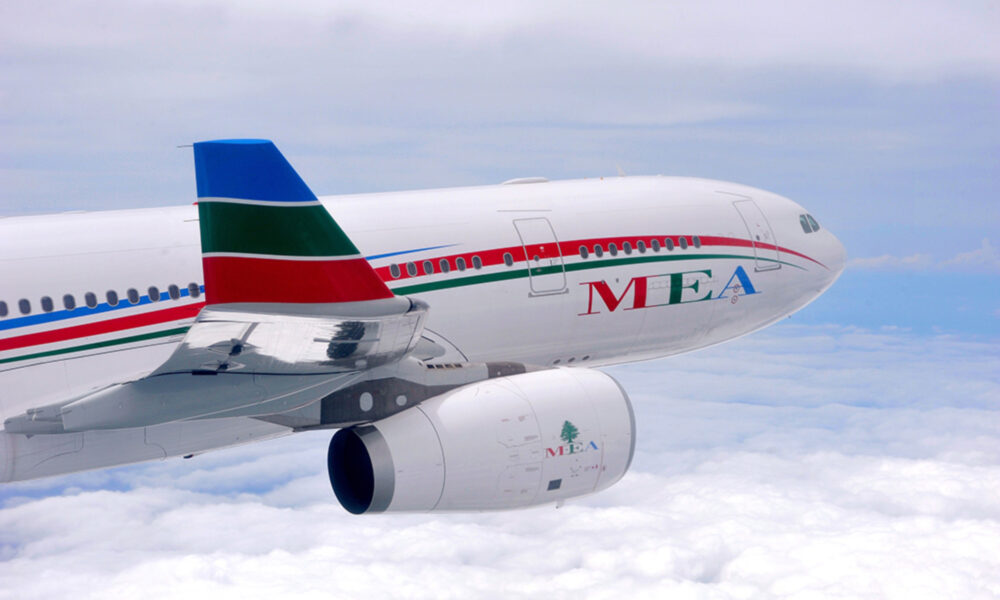News
Greek F-16 Fighter Jets Intercept Beirut-Bound MEA Flight
The Lebanese pilot is thought to have used an incorrect radio frequency — a major blunder from the son of the airline’s chairman.

A “Code Renegade” alert recently set Greek aviation authorities on high alert following a warning issued by a NATO air control center in Torrejón, Spain. Code Renegade is a distress signal typically used in a hijacking situation. In this case, the code was issued after a Middle Eastern Airlines (MEA) flight bound for Beirut failed to answer calls and went into complete radio silence.
After repeated attempts to speak to the aircraft’s captain, authorities began to worry about the plane’s safety status, which eventually caused Greek air defense to scramble two F-16 fighter jets from Souda to intercept the unresponsive civilian airliner over Argolida in the northeastern Peloponnese.

Lebanon-based aircraft tracker InterSky, took to Twitter to report the details of the unfolding situation:
“Code Renegade set Greek authorities on alert following a relevant signal by the NATO air control center in Spain (CAOC Torrejón), to intercept a non-responsive civil aircraft Airbus A321 with 145 passengers onboard that had taken off from Madrid and was bound for Beirut.”
Also Read: Emirates Airline To Invest $2 Billion On Major Upgrades
In a further twist to the story, contact was eventually reestablished with the aircraft, after which it was revealed that the MEA pilot, Abed Al-Hout, was the son of Mohammed Al-Hout, chairman of the board of directors of Middle East Airlines. The chairman has previously received criticism for employing relatives at various levels of the company, and in this instance, his son had failed to set the communication instruments to the correct frequency, resulting in radio silence.
The news is a further embarrassing blow for Middle East Airlines, which has recently lost over 20% of staff to other airlines, as Lebanon’s financial crisis continues to deepen.